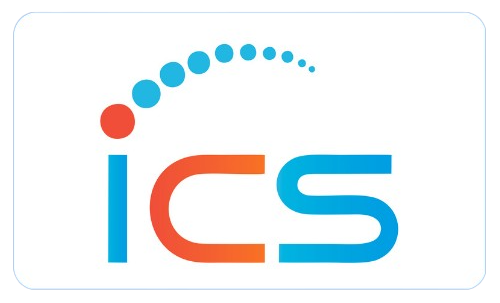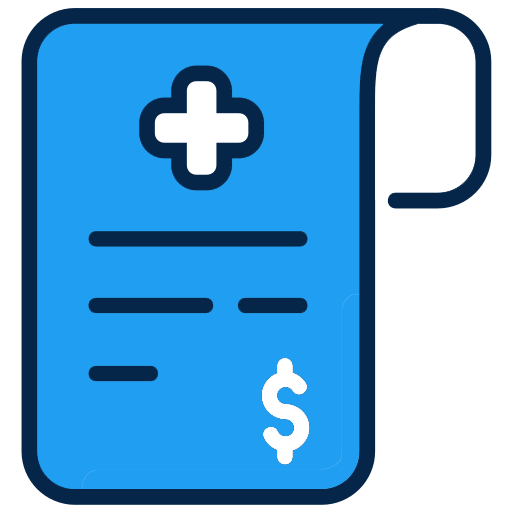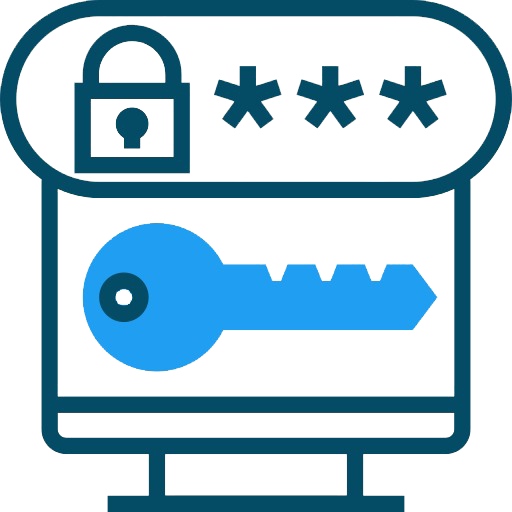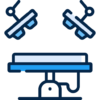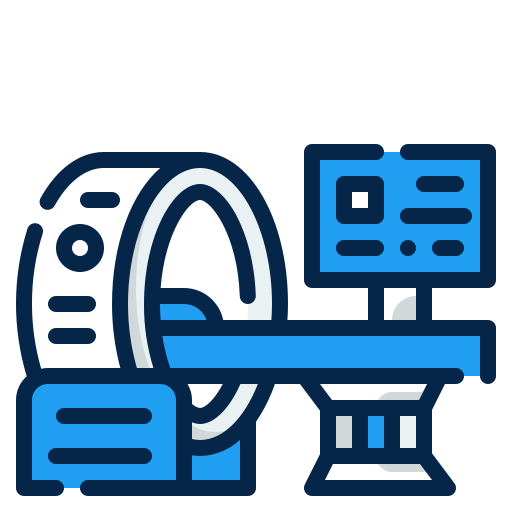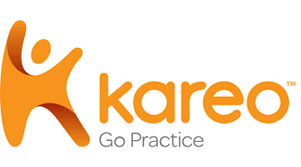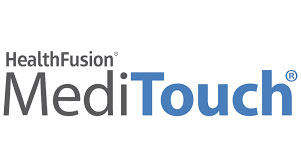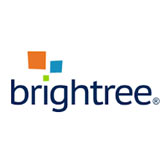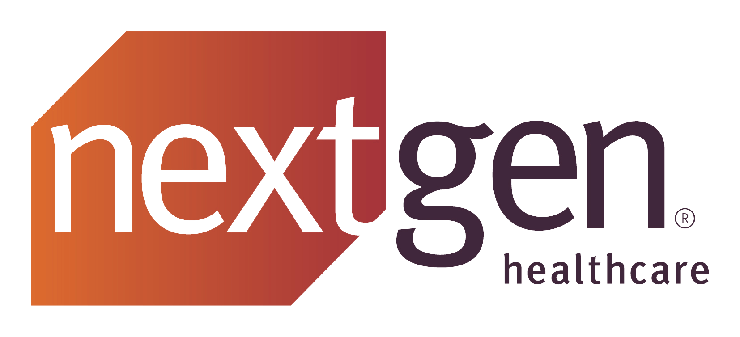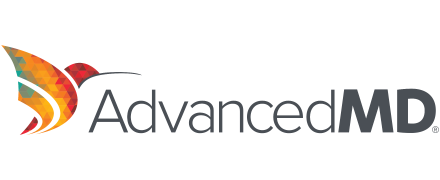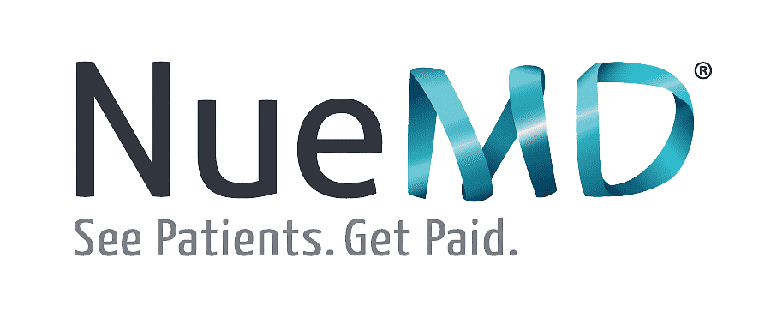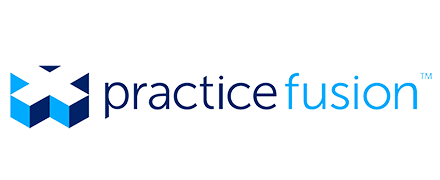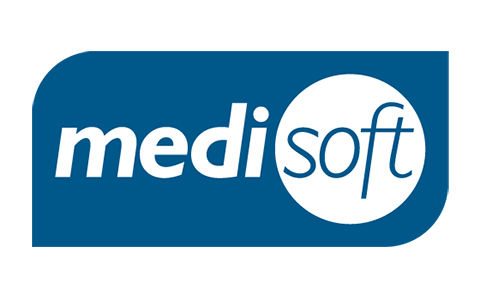The term “revenue leakage” refers to a missed chance to collect income from your practise. Denied claims, piling accounts receivable claims, unbilled procedures, credentialing-related denials, underpayments, unbilled claims and unpaid patient balances can all cause revenue leakage. Medical billing and revenue leakages can result in considerable losses for any healthcare practise due to extended payment cycles. There are a few significant flaws in the entire medical billing process that should be closely observed in order to ensure a consistent revenue flow and financial stability for your clinic.
In today’s healthcare system, medical reimbursement prioritises quality care and patient outcomes. As a result, it’s critical for medical practise leaders to take a new look at their operations to ensure that prospective collections don’t get lost in the process.
Here are some questions to physicians must ask themselves in order to identify, and steer clear of revenue leakage in your practice.
Are we collecting to our full potential?
The payers with whom you sign contracts limit your reimbursement possibilities in several respects. For practises that rely significantly on government payers, this can be difficult. Medicare and Medicaid beneficiaries often receive reduced compensation under these contracts, which cannot be changed to achieve more profitable conditions. However, the payment your practise receives is ultimately influenced by the quality of the contracts, not the insurers themselves. That’s where a medical billing partner may help by ensuring that all contracts are arranged on terms that assure your practice’s profitability.
Are the RCM resources robust enough?
Medical billing and collections in the revenue cycle management is an area where more help is required. Your organisation is at jeopardy if you don’t have a good billing system in place:
• Incorrect claim coding
• Inadequate account collection management
• Significant income loss, reducing the profitability of your practise
If you’re lacking in these areas, your practise is likely to be experiencing revenue loss. Using the services of an experienced medical billing business allows your staff to focus on treatment while leaving these hassles to the professionals.
Are we well versed with data?
Data is used by successful practises to influence business choices and support strategic planning. It’s impossible to comprehend revenue leakage in your practise if you don’t know what’s going on with accounts receivable. Every practise should have access to this information.
• What is the acceptable collection percentage?
• How successfully do they collect from government payers?
• How well do they collect from commercial payers and private insurance companies?
Now that we have helped with where to begin in order to understand revenue leakages, here are common causes for the same.
Inaccurate Enrolment Date
One of the most significant assets in the delivery of patient care is provider data. All IT systems (EMR, credentialing, marketing), patients, and payers are consumers of provider data. Poorly handled provider data causes revenue cycles to be delayed, has an impact on clinical quality, poses a compliance risk, and has a poor marketing impact (referral and patient). Filling out provider enrolment forms completely and accurately is a crucial step for medical clinics. When claims are filed without complete and/or accurate information, Medicare, other commercial payers will deny them. In that instance, your billing team will have to work even harder to collect what the practise is owed.
Lack of Real-Time Data
If hospital management does not have access to real-time data, they risk making decisions that are not well supported by data. Administrators can have access to real-time data via PARAS. This enables them to prevent income leakage in the healthcare industry before it occurs. The ability to view all data in real time cuts discharge time in half and improves the patient experience at the hospital.
Inadequately Trained Coders
A practice’s lifeblood is medical coding. That is how billable income is generated from the services you supply. Payments may be delayed, refused, or limited if incorrect code is not provided. At a bare minimum, your coding process should involve qualified coders who are well-trained and experienced and who keep up with the various updates issued by the Centres for Medicare & Medicaid Services on a regular basis. A practice’s lifeblood is medical coding. That is how billable income is generated from the services you supply. Payments may be delayed, refused, or limited if incorrect code is not provided. At a bare minimum, your coding process should include trained and seasoned coders who keep up with the various modifications made by the Centres for Medicare and Medicaid Services on a regular basis.
Unbilled Claims
Errors can cause claims to go unpaid or become trapped in medical billing software. Scrubbing functions are available in various medical billing software packages, which indicate problems in claims before they are submitted. Claims that are stalled owing to a scrubbing issue never make it to the clearinghouse and may go unbilled. By evaluating reports of patient appointments, treatments completed, and the quantity of claims submitted, unbilled claims can be detected.
Underpayment
The majority of doctors are unaware of a cost structure for different operations. Depending on your contracting agreement, various payers may pay you differently for the same procedure. Planning and updating your charge schedule with diverse payers will help you minimise underpayments. Seek professional help when it comes to negotiating with payers and determining your charge schedules.
While these are some of the reasons for revenue leakages, it is important to ensure a robust in-house team who can help salvage situations. Are you dealing with incompetent billers and coders? Info Hub Consultancy Services (ICS), an offshore outsourcing medical billing company can assist you with its expertise of AR callers, highly trained coders. Our team comes with immense experience in making sure your practice does not experience revenue leakages owing to any of the potential causes.
